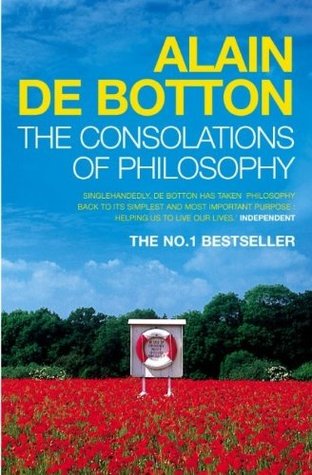More on this book
Community
Kindle Notes & Highlights
His suffering loses a little of its sting, it grows more comprehensible, less of an individual curse. Of a person who can achieve such objectivity, Schopenhauer remarks: In the course of his own life and in its misfortunes, he will look less at his own individual lot than at the lot of mankind as a whole, and accordingly will conduct himself … more as a knower than as a sufferer.
In the eyes of people who are seeing us for the first time … usually we are nothing more than a single individual trait which leaps to the eye and determines the whole impression we make.
We know that life consists of suffering, that the harder we try to enjoy it, the more enslaved we are by it, and so we [should] discard the goods of life and practise abstinence.
Fulfilment was to be reached not by avoiding pain, but by recognizing its role as a natural, inevitable step on the way to reaching anything good.
‘The whole movement of the world tends and leads towards copulation,’
The most fulfilling human projects appeared inseparable from a degree of torment, the sources of our greatest joys lying awkwardly close to those of our greatest pains:
If most works of literature are less fine than Le Rouge et le noir, it is – suggested Nietzsche – not because their authors lack genius, but because they have an incorrect idea of how much pain is required.
To cut out every negative root would simultaneously mean choking off positive elements that might arise from it further up the stem of the plant.
Destroying the passions and desires merely in order to avoid their stupidity and the disagreeable consequences of their stupidity seems to us nowadays to be itself simply an acute form of stupidity.
We no longer marvel at dentists who pull out teeth to stop them hurting.
quotation from Corinthians (1 Cor 13.8): Die Liebe höret nimmer auf Charity never faileth
The fact was not noticed … that these instantaneous alleviations often had to be paid for with a general and profound worsening of the complaint.
Not everything which makes us feel better is good for us. Not everything which hurts may be bad.
To regard states of distress in general as an objection, as something that must be abolished, is the [supreme idiocy], in a general sense a real disaster in its consequences …


